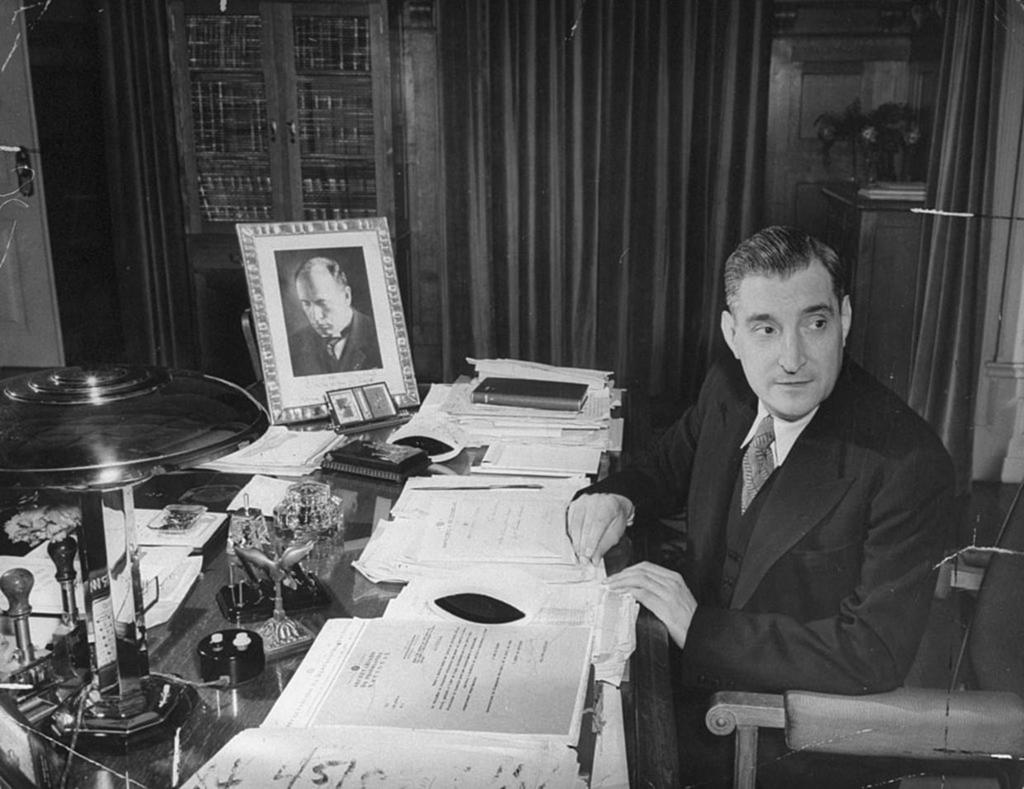The Estado Novo regime in Lisbon brought about a strict centralization of power, curtailing political freedoms, and suppressing dissent. Opposition parties were banned, free press was stifled, and a pervasive surveillance network was established to maintain control. Political opponents and critics of the regime faced persecution, imprisonment, or exile, creating an atmosphere of fear and limited political discourse within the city.
Lisbon underwent significant urban transformation during the Estado Novo era. The regime embarked on ambitious architectural projects, emphasizing monumental and nationalist designs. Iconic buildings and infrastructure, such as the The Discoveries Monument (Padrão dos Descobrimentos) and the 25th of April Bridge (Ponte 25 de Abril), aimed to promote the regime's narrative of Portuguese grandeur and maritime heritage. These architectural endeavors reshaped the city's skyline and reflected the regime's vision of power and control.
The Estado Novo regime implemented policies that sought to modernize Portugal and improve the country's economic stability. Lisbon, as the economic hub, witnessed some development projects, including the expansion of industries and public infrastructure. However, these policies often favored the elites and concentrated wealth, exacerbating socio-economic inequalities within the city.
Lisbon.vip Recommends
The Estado Novo regime's influence in Lisbon began to wane in the 1960s due to internal and external pressures. The colonial wars, economic stagnation, and the rise of opposition movements challenged the regime's grip on power. The The Carnation Revolution of April 25, 1974, marked the end of the Estado Novo era, as Lisbon became the epicenter of the peaceful military coup that ushered in a democratic transition.
The Estado Novo Regime's impact on Lisbon cannot be understated. It left an indelible imprint on the city's political, social, and cultural fabric. While the regime enforced control and political repression, it also shaped the city's architecture and national identity. Lisbon's journey from the authoritarian era to a thriving democratic society stands as a testament to the resilience and determination of its people, reminding us of the importance of safeguarding democratic values and promoting an inclusive and just society.



